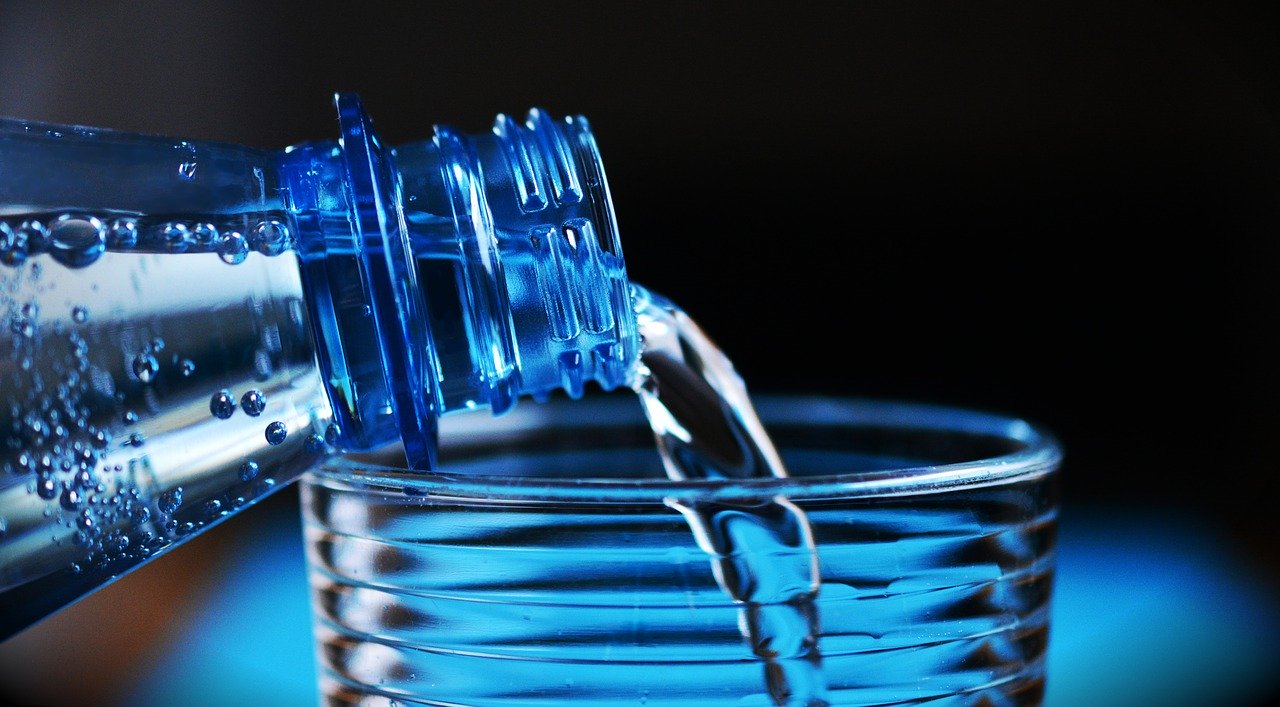Dehydration is a serious concern, especially among the elderly population. Seniors are particularly susceptible to dehydration due to various factors such as reduced thirst sensation, certain medications, and underlying health conditions. In this blog post, we will discuss the symptoms of dehydration in the elderly and provide essential preventive measures that can be implemented in home care settings. By recognizing the signs and taking proactive steps, caregivers can help seniors stay properly hydrated and maintain optimal health.
Symptoms of Dehydration in the Elderly:
- Dry Mouth and Thirst: A parched mouth and a feeling of intense thirst are common early signs of dehydration in seniors. Encourage them to drink fluids regularly, even if they don’t feel thirsty.
- Fatigue and Weakness: Dehydration can lead to feelings of fatigue, weakness, and low energy levels. Keep an eye out for unusual lethargy or a decline in activity.
- Dark Urine and Decreased Urination: Reduced fluid intake results in concentrated urine that appears dark in color. Additionally, infrequent urination or a decrease in urine output is indicative of dehydration.
- Dizziness and Confusion: Dehydration can cause seniors to feel lightheaded, dizzy, or confused. They may also experience difficulty with balance and coordination.
- Dry Skin and Sunken Eyes: Dehydrated individuals often exhibit signs of dry and flaky skin. Sunken or hollowed eyes can also be a visible symptom.
Preventive Measures for Home Care:
- Encourage Regular Fluid Intake: Ensure that seniors drink fluids throughout the day, even if they don’t feel thirsty. Offer water, herbal teas, diluted fruit juices, and other hydrating beverages.
- Monitor Medications: Some medications can have diuretic effects or increase the risk of dehydration. Be aware of these medications and consult with healthcare professionals if necessary.
- Offer Hydrating Foods: Include water-rich foods in their diet, such as watermelon, cucumbers, soups, and smoothies. These can contribute to their overall fluid intake.
- Create a Hydration Schedule: Set reminders for regular fluid intake and provide seniors with accessible and appealing beverages. Consider using colorful cups or straws to make drinking more enticing.
- Keep the Environment Cool: High temperatures can exacerbate dehydration. Maintain a comfortable room temperature and ensure proper ventilation in the living space.
- Regularly Monitor Hydration Levels: Stay vigilant and observe for any signs of dehydration. If you notice symptoms, encourage increased fluid intake and consult with a healthcare professional if necessary.
- Seek Professional Assistance: If seniors have difficulties managing their hydration needs independently, consider involving a home care professional who can provide support and reminders.
Conclusion: Recognizing the symptoms of dehydration in seniors is crucial for maintaining their health and well-being. By implementing preventive measures and providing adequate hydration support in home care settings, caregivers can help seniors stay properly hydrated. Regular monitoring, encouraging fluid intake, and creating a comfortable environment are essential in preventing dehydration. Remember, the well-being of our elderly loved ones relies on our proactive care and attention to their hydration needs.
